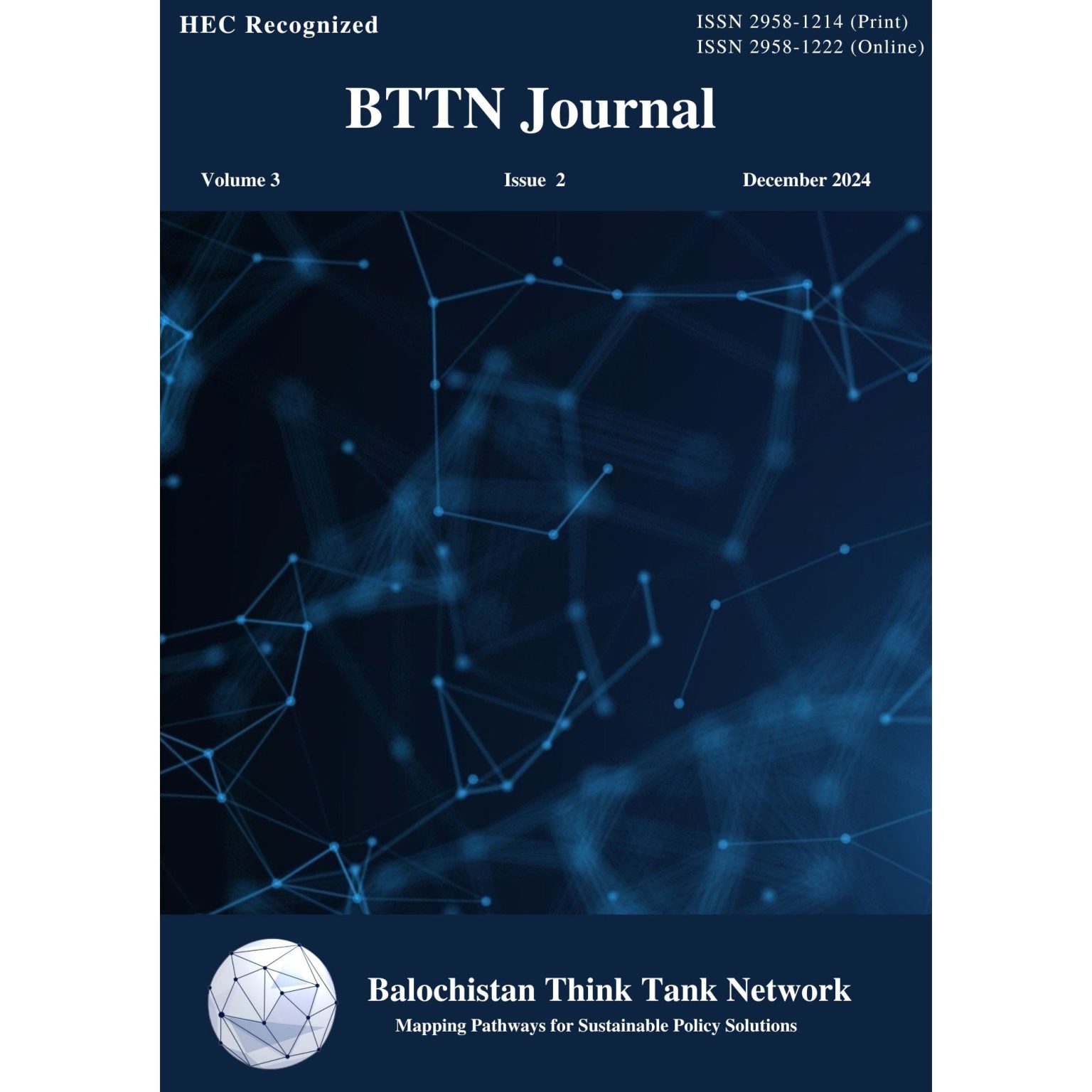Abstract
Rapidly increasing population and economic growth are significant factors in Pakistan’s precipitous expansion in energy demands. Most of the nation’s power generation infrastructure comprises conventional energy sources, including coal, biomass, gas, and oil. These sources are detrimental to the environment and lack sustainability. Nuclear power is a clean energy source providing a sustainable alternative to thermal power sources. Moreover, Pakistan is facing a significant economic challenge in the form of independent power plants (IPPs). These IPPs are costly energy sources and are not sustainable for long-term projects. Additionally, they are a major contributor to environmental degradation, a big issue because of the current climate situation in Pakistan. The research question addressed in this paper is: How is the development of nuclear energy beneficial for Pakistan in mitigating climate change and addressing economic distress? The study identifies the provision of environmentally favorable clean energy sources with zero carbon emissions and cost-effectiveness in production and operation as prospective benefits of energy production in Pakistan. The problems linked with nuclear energy progress include a lack of international cooperation, inadequate financial resources to sustain the expansion of nuclear energy initiatives, long construction timelines, and the requirement for collaboration with other countries. Furthermore, the study analyzed the policy implications and constraints associated with nuclear energy production in Pakistan.
This article was published in the BTTN Journal. Full article can be read here: https://bttn.org.pk/ojs/index.php/BTTN_Journal/article/view/144

